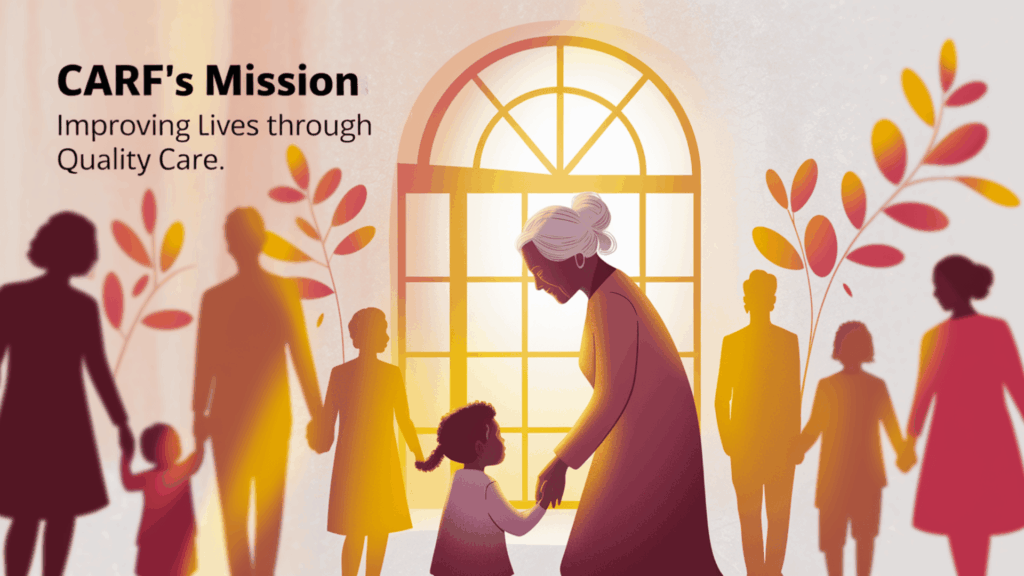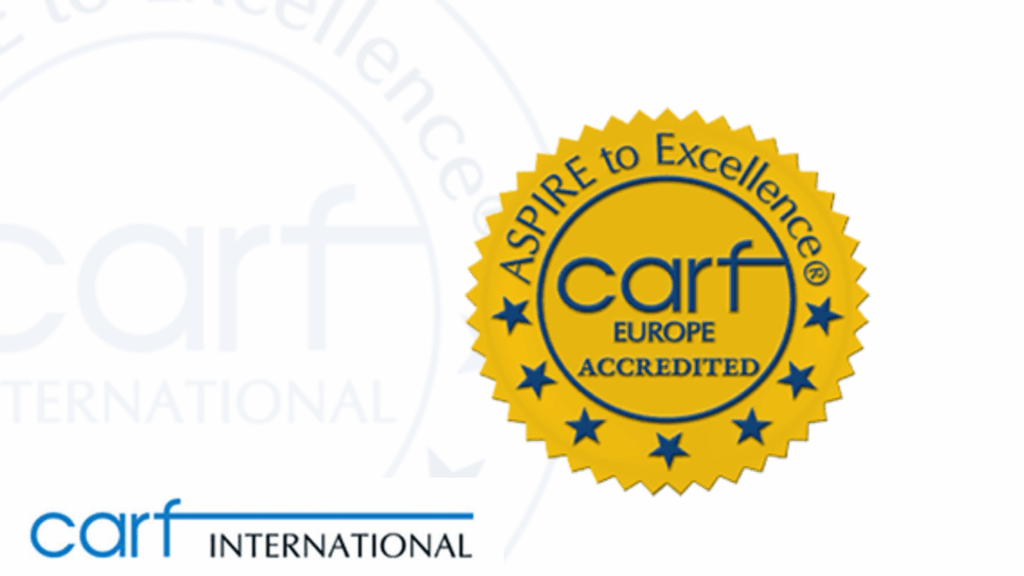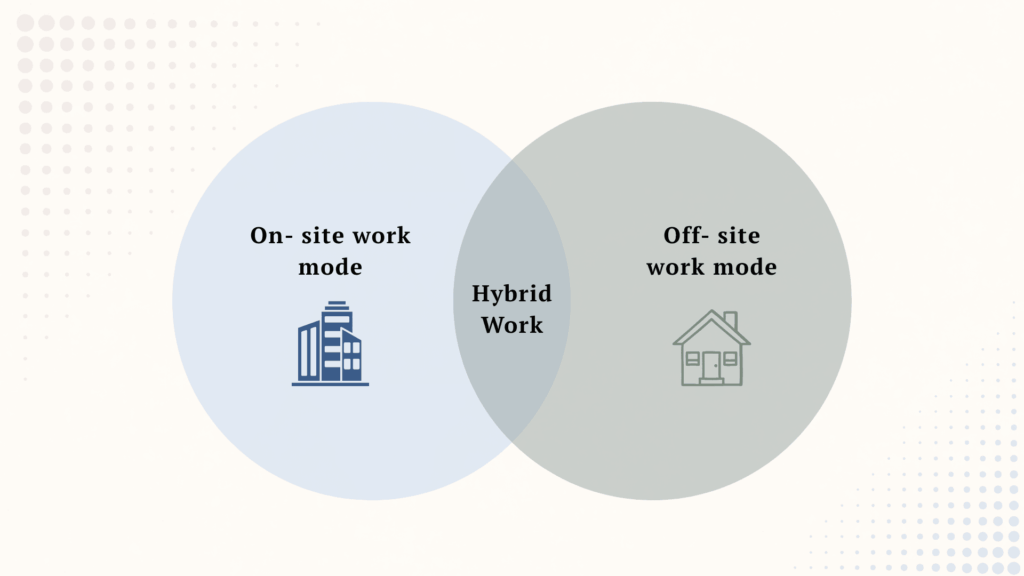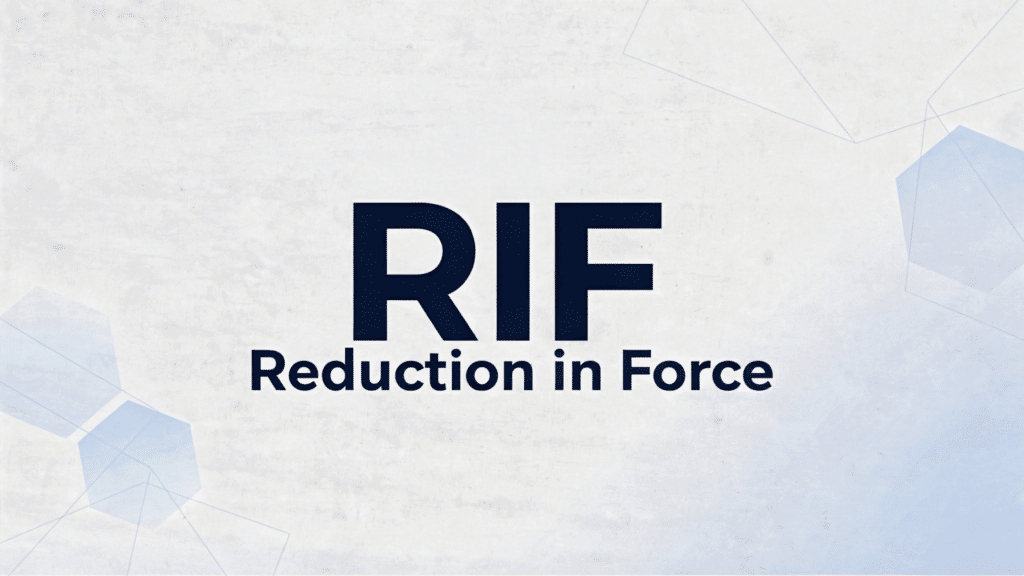Healthcare organizations struggle to prove their quality while patients worry about receiving substandard care.
Many families feel uncertain about choosing the right rehabilitation or healthcare facility for their loved ones.
CARF accreditation provides the solution by offering an independent quality seal that guarantees excellence in patient care and service delivery.
In this post, I will explain what CARF accreditation is, why it matters for both organizations and patients.
I will also cover how facilities can achieve this important credential to improve their services and outcomes.
What is CARF Accreditation?
The full form of CARF is Commission on Accreditation of Rehabilitation Facilities.
This independent organization reviews healthcare and human service providers across multiple sectors.
Their goal is to ensure organizations deliver quality care that truly helps people.
The accreditation process involves a thorough review of an organization’s operations.
CARF surveyors examine policies, procedures, and actual service delivery.
They look at how staff interact with patients and whether outcomes match the organization’s goals.
The Mission of CARF Accreditation

CARF’s mission centers on improving lives through quality services. They believe every person deserves access to excellent care.
They provide an objective evaluation of service quality.
This helps patients and families make informed decisions about their care options.
The Organization’s Three Core Values include:
-
Equity and Inclusion: CARF believes everyone should be treated fairly, with respect and dignity, no matter their background or situation.
-
Access to Services: CARF is committed to ensuring individuals have access to the services they need to achieve the best outcomes in their care.
-
Empowerment: CARF encourages individuals to make informed choices about their care and services, giving them control over their decisions.
Services Offered by CARF
CARF accredits organizations across multiple healthcare and human service sectors.
Their standards are tailored to the specific needs of each service while ensuring consistent quality across all sectors.
1. Aging Services
These services support seniors in areas like healthcare, housing, and daily living.
They also focus on social engagement and mental well-being to prevent isolation.
Staff are trained to address age-related challenges safely and respectfully.
2. Behavioral Health Services
These services help individuals manage and recover from mental health challenges and addiction.
Programs also teach coping skills and strategies for long-term wellness.
They provide ongoing support to help people reintegrate into their communities successfully.
3. Child and Youth Services
These services address the unique needs of young people in areas like mental health, education, and development.
They include activities and therapies that promote emotional growth and resilience.
Staff work closely with families to ensure children get consistent care at home and school.
4. Employment and Community Services
These services aim to improve social connections and self-sufficiency.
They also offer skill-building workshops and job coaching for long-term success.
Programs provide support for everyday living, helping people stay independent in their communities.
5. Medical Rehabilitation Services
These services help people regain physical and mental abilities through therapy and specialized care.
Rehabilitation plans are customized to meet each patient’s specific needs and goals.
Centers often provide tools and guidance for patients to continue care at home.
6. Opioid Treatment Program Services
These programs focus on recovery through medical, therapeutic, and supportive care.
They also offer counseling, education, and relapse prevention strategies.
Programs help patients build a strong support system for lasting recovery.
7. Vision Rehabilitation Services
These programs help individuals adapt to vision loss and improve their daily functioning.
They provide training in mobility, daily living skills, and the use of assistive technology.
Support also includes helping individuals stay active and independent in their communities.
Why CARF Accreditation is Important for the Healthcare Sector?
CARF accreditation signals a commitment to quality and excellence in healthcare services.
It helps organizations improve operations, clarify staff roles, and deliver consistent, effective care.
Accreditation also builds trust with patients, families, and funders, showing that the facility meets high safety and care standards.
Many insurers and government programs prefer or require accredited organizations, providing financial and partnership advantages.
The process encourages continuous improvement through regular self-assessments and updates to best practices, helping organizations prevent problems and ensure optimal patient outcomes.
How to Achieve CARF Accreditation?
Achieving CARF accreditation usually takes 12–18 months and requires thorough preparation.
Organizations start by submitting an application and fees, after which CARF assigns a survey team to review materials and conduct an on-site evaluation.
During the survey, staff, patients, and families are interviewed
Service delivery and documentation are examined to ensure standards are consistently met.
CARF evaluates six core areas: leadership, strategic planning, input from persons served, legal compliance, financial planning, and health and safety.
A key part of the process is CARF’s quality standards, which form the foundation of the accreditation.
Organizations receive a detailed report with recommendations, and successful facilities earn three years of accreditation before renewal.
Conclusion
CARF accreditation shows that a healthcare organization is serious about quality and constantly improving.
It proves they are committed to giving patients the best care possible.
Accreditation doesn’t just provide a certificate; it strengthens systems, improves patient outcomes, and keeps staff motivated.
For patients and families, CARF accreditation means peace of mind.
They can rely on accredited organizations to meet strict standards for safety and care.
Don’t wait, ensure your organization meets the highest standards and earns the trust patients deserve.
Start your CARF accreditation journey today!
Frequently Asked Questions
Who Is Eligible for CARF Accreditation?
Any healthcare, rehabilitation, or human services organization, including hospitals, clinics, and community programs, can apply after meeting operational requirements.
How Long Does the CARF Accreditation Process Take?
The process typically takes 12 to 18 months, including preparation, submission, on-site survey, and final review. Early preparation is recommended for smooth accreditation.
Is CARF Accreditation Recognized Globally?
CARF accreditation is widely respected in the U.S. and Canada, with international organizations valuing it for excellence in service quality, though it’s not universally recognized worldwide.










